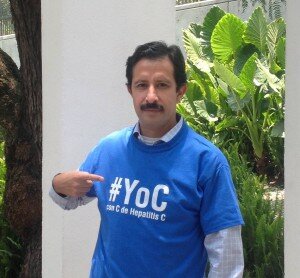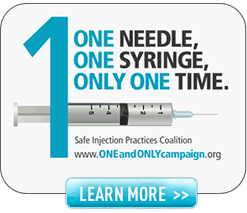
Advocates from all over the world met in Glasgow, Scotland to participate in the World Hepatitis Summit
Steve Langan, director of HONOReform recently attended the World Hepatitis Summit, hosted by the World Hepatitis Alliance. Following is his report.
I am grateful for the opportunity to represent HONOReform and our advocates and stakeholders at the inaugural World Hepatitis Summit earlier this month in Glasgow. I commend the leadership and staff of the World Hepatitis Alliance—Charles Gore, Raquel Peck, Su Wang, just to name a few—who put together a thoughtful and comprehensive meeting.
About 700 of us attended, representing 90 countries. It was a thrilling meeting. I reconnected with old friends and allies and met a lot of people from all over the world who share the desire to prevent and treat viral hepatitis.
According to the WHA, 400 million people are affected with viral hepatitis. Almost a million and a half people throughout the world die every year as a result of being affected by viral hepatitis. It’s the seventh leading killer in the world. Still, it seems that many people remain nonchalant not only about the disease itself but by its most common form of transmission in developing countries—through the medical injection process.
Earlier this year, Evelyn McKnight and I attended the Safe Injection Global Network meeting at the World Health Organization. Evelyn shared her powerful story. The WHO made a commitment to focus on encouraging developing countries—India, Egypt and Uganda, as a starting place—to only use single-use injection devices and to put these one-time-use devices in to play by 2020.
This one fact alone is, to us, a sufficient call to action: Up to 70 percent of the infections of viral hepatitis in India are transmitted through healthcare.
This call to action makes me think of the men and women in the villages west of Delhi. We had the opportunity last year to visit India and meet patients and their family members who were infected with viral hepatitis during healthcare. Watching Evelyn McKnight talk with these patients—mediated by a translator, but the emotions were universal—is one of the most memorable moments of my career.
For them, and for the many other patients throughout the world who go to the doctor and come out with an injection of viral hepatitis, we encourage the WHO and its many partners—governments and industry, in particular—to renew the commitment to injection safety in developing countries.
We have said it before but we will say it again: No person should go in to a medical facility for treatment and leave with an infection of viral hepatitis. Not in 2015. Not with all of the resources and materials that can easily, and affordably, be put in to play.



